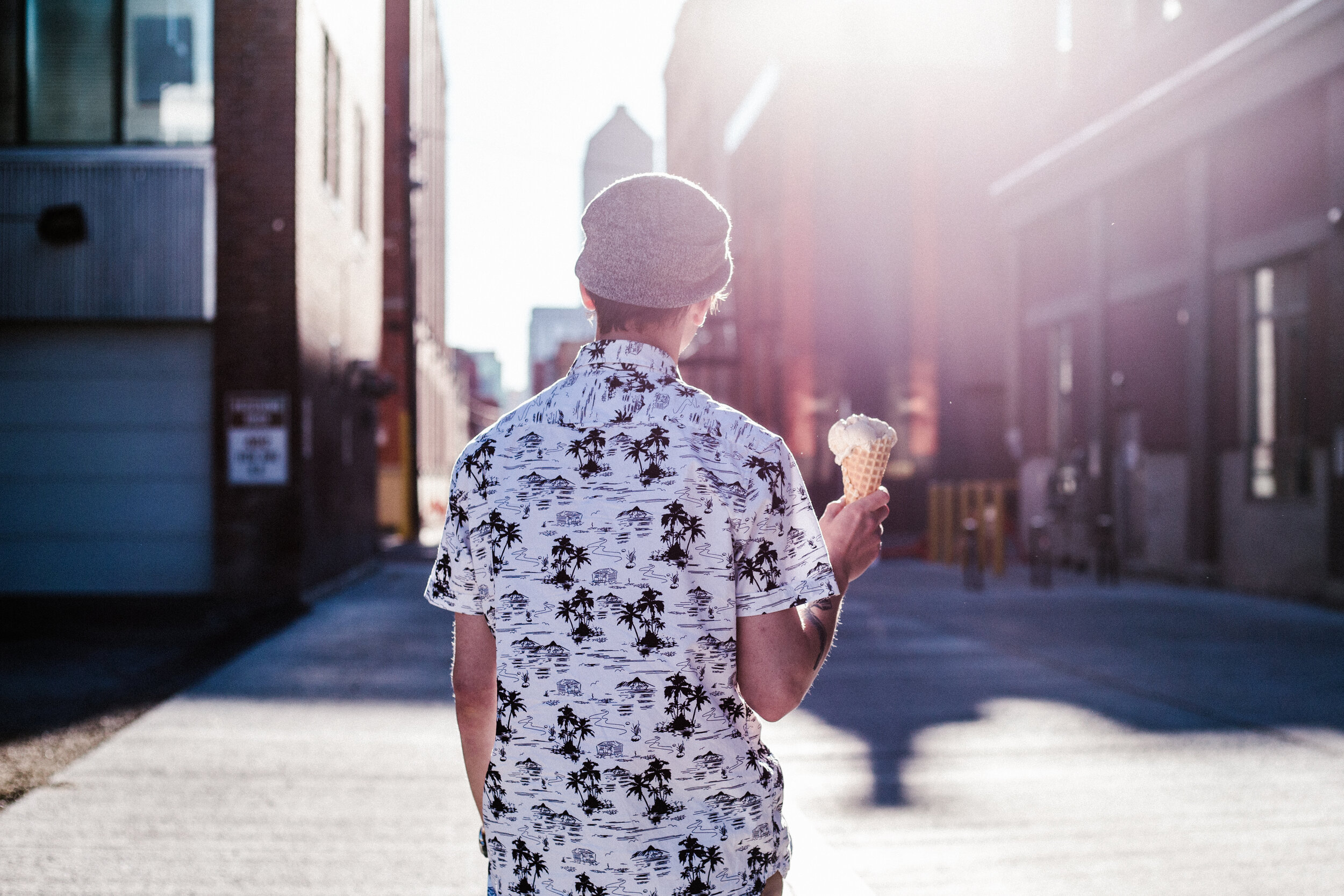How to Manage Cravings
Cravings are a normal part of addiction recovery, but the challenge of dealing with those cravings can’t be overstated.
Intense cravings can leave us feeling robbed of the ability to concentrate on tasks at hand, triggering that previous obsession and preoccupation with a drug.
While you can’t always control everything in your surroundings, you can take steps to identify triggers for cravings and implement viable solutions to help you navigate those moments. The following discussion breaks down what causes cravings and how they can be managed.
Psychology behind cravings
Every addict in recovery experiences cravings for the substance to which they were once addicted. The causes of cravings aren’t vastly different from someone else’s food cravings, but the severity of an addict’s cravings is experienced on a much higher level.
When someone was once so deeply obsessed with a substance, cravings for that substance make abstinence much more difficult to maintain.Psychology Today defines a craving as “an overwhelming emotional experience that takes over your body and produces a unique motivator of behavior—wanting and seeking a drug.”
Cravings produce powerful urges to use a drug that has been withdrawn from a person’s lifestyle. Health studies have found that the brain has a particularly strong memory for things that we love—things that are especially pleasant or satisfying.
Cravings come from an addict’s memory of the positive rewards that resulted from using a drug.Cravings are marked by a relationship with a stimulus that gets recognized as a cue or a prompt, hindering one’s focus from other activities.
Cravings typically come from our brains’ conditioned associations with certain stimuli, such as people, places, or other objects. When the brain recognizes those stimuli in one’s environment, the sense of craving gets activated or agitated, making someone feel more enticed to use or consume the substance.
Recognizing the triggers
In our work, we educate people about relapse triggers and equip them with thought stoppers and other tools to better manage situations. You can’t control unanticipated triggers in your environment, but you can control how you handle them.
By developing a higher level of self-awareness and awareness of your surroundings, you will be armed to respond in healthier ways when cravings strike.Much of what we desire is based on our mood. Emotions like sadness, stress, or boredom can lead us to crave a substance, wishing it to make us feel happier or more relaxed.
Those are the moments when relapse often happens. By recognizing your mood, you can be extra intentional about managing your environment. If you’re feeling restless or discouraged, don’t let yourself walk into a situation that will test your will to stay sober. Instead, choose healthier settings where you will be supported.
Choosing healthy solutions
While the early weeks of withdrawal can be acutely taxing, the intensity of those cravings will gradually lessen as the body learns to function without the drug. Consider these ways to curb intense cravings:
Walk it off.
Visualize transferring that craving’s energy into physical exercise. Exercise has been shown to produce anxiety-relieving effects. Expending that energy on physical activity will alleviate your stress and release endorphins in the brain, helping you attain a clearer head space.
Find company.
If you’re feeling especially tempted to use, don’t test yourself by being in isolation. Testing whether you can resist cravings by yourself doesn’t come with any badge of honor.
Text, call, or visit someone else who can keep you accountable and shift your focus. Lean into others’ support by spending time with supportive loved ones.
Remember it will pass.
Psychology research has compared the ups and downs of cravings to the back-and-forth tide of the ocean. When an intense craving comes rolling in, our tendency is to overestimate how long the craving will last.
When the craving subsides, we’re glad we didn’t give in and relapse. Find a way to capture that feeling so you can come back to that thought the next time cravings happen.
How do you handle high-risk situations? Take our advice for making positive choices in challenging environments.
Get The Latest Updates In Drug & Alcohol Recovery News To Your Inbox
If you opt into our newsletter, we promise to respect your privacy. We don’t share your information with any other parties. Sign up to get info about the science behind addiction, the latest trends in addiction treatment, inspirational recovery stories, and much more.




